Why is euthanasia on the rise in Belgium and the Netherlands?
Assisted Suicide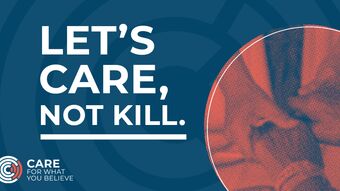
Patients in Belgium and the Netherlands have been allowed to be euthanised by approved medical professionals since 2002. In that first year, there were 1,882 cases in the Netherlands and 24 in Belgium.
In 2019, there were 6,361 cases in the Netherlands and 2,656 in Belgium. Two new studies have examined why there has been such exponential growth in both countries.
Belgium
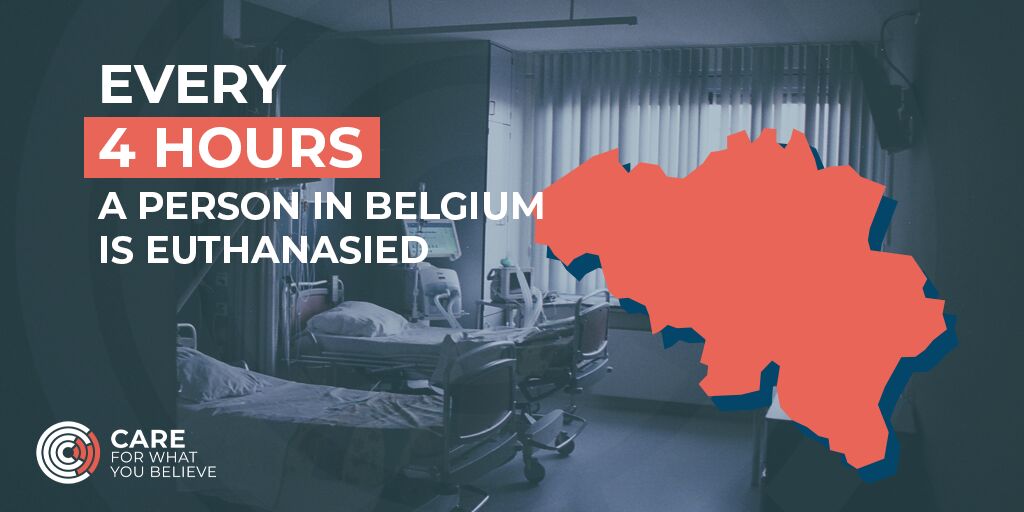
According to a research team led by public health expert and ethicist, Kaspar Raus from the University of Ghent, the control system in Belgium that was intended to stop abuse in the case of euthanasia has failed.
One reason for this failure is the fact the euthanasia act in Belgium has been expanded. It was originally only approved for serious, incurable, and unbearable diseases.
Since then, fatigue has been added and doctors can bypass the law by diagnosing ‘polypathology’. This refers to lots of complaints associated with old age, such as vision and hearing loss, chronic pain, rheumatism, weakness etc…).
In 2019, 17.3% of all euthanasia cases in Belgium had ‘polypathology’ listed and in 47% of cases, the patients did not have a terminal illness.
The research team also argued that the mandatory consultation with an independent doctor or two doctors doesn’t really provide any real security. Their assessment is not even binding. The ‘treating doctor’ ultimately decides and can carry out the euthanasia request even if there’s a negative assessment from ‘consulting’ doctors.
Finally, the researchers also criticise the state control commission which is supposed to uphold compliance with the law. Instead, the team argues, the commission acts as shield that prevents problematic cases being transferred to prosecutors.
Netherlands
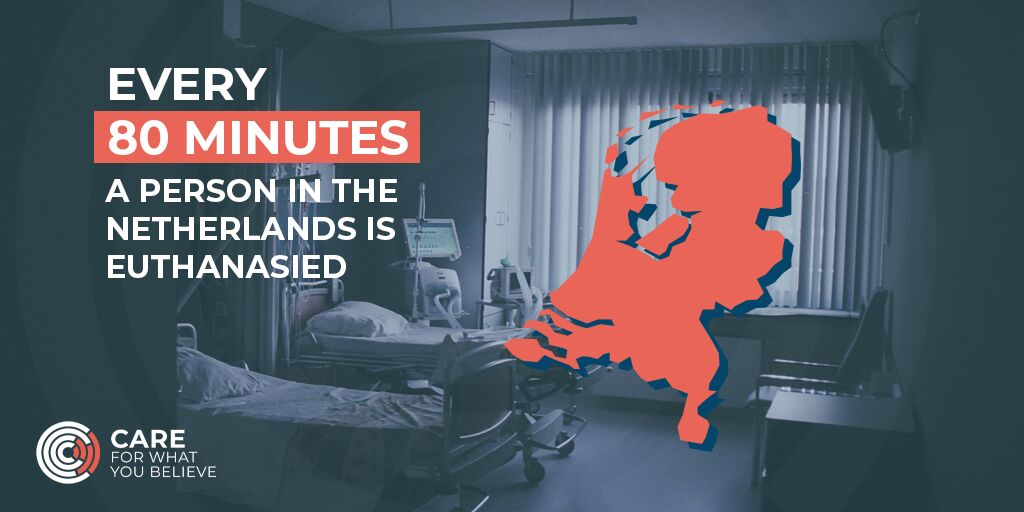
The fundamental question we face as a society is how we respond to suffering at the end of life? Do we simply run from it because we are understandably afraid? Or do we seek to meet those with terminal illnesses with care, compassion, love, support, always reaffirming that their value is not based on their circumstances.
In the Netherlands, between 2013 and 2019, there have been 1,605 euthanasia cases with so-called ‘multiple geriatric syndrome’ (MGS).
A team of ethicists and health scientists from Utrecht University looked into this and published a study the concluded that suffering in old age is not just due to physical problems.
Rather, older people think their life is unbearable when crisis or loneliness make them question the purpose of their lives.
This research calls into question the portrayal of euthanasia has simply patients taking control of their own deaths. It suggests that far from free, self-determined death which the law was supposed to facilitate, older people choose euthanasia because they are afraid or lonely.
Response
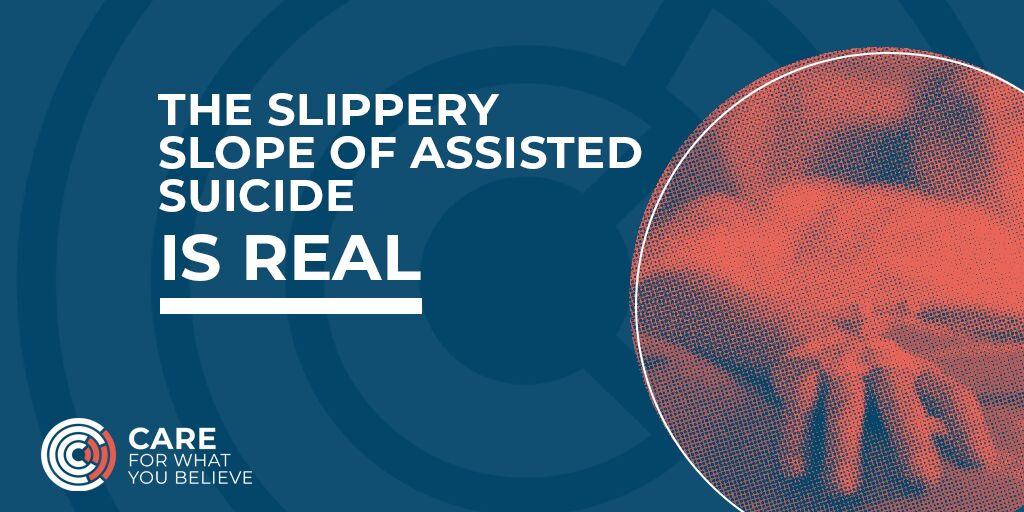
The fundamental question we face as a society is how we respond to suffering at the end of life? Do we simply run from it because we are understandably afraid? Or do we seek to meet those with terminal illnesses with care, compassion, love, support, always reaffirming that their value is not based on their circumstances.
From a policy perspective, the challenge for pro-assisted suicide advocates is to prove the safeguards work. If you look at countries like Belgium or the Netherlands, it’s clear that over time, the law is expanded which involves fewer safeguards.
Perhaps, rather than opening the pandora’s box of assisted suicide, we should instead invest more in palliative care, which looks after the whole patient.
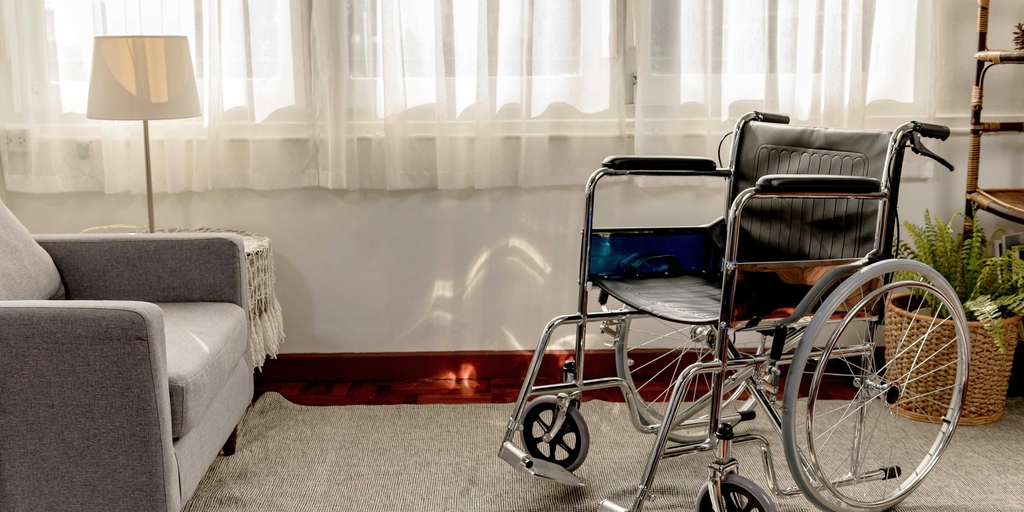
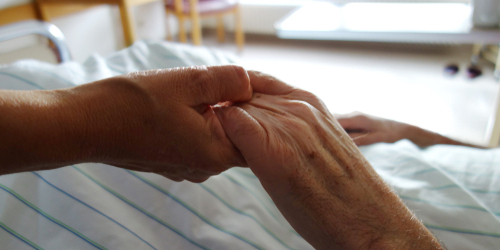



Share story
Why is euthanasia on the rise in Belgium and the Netherlands?